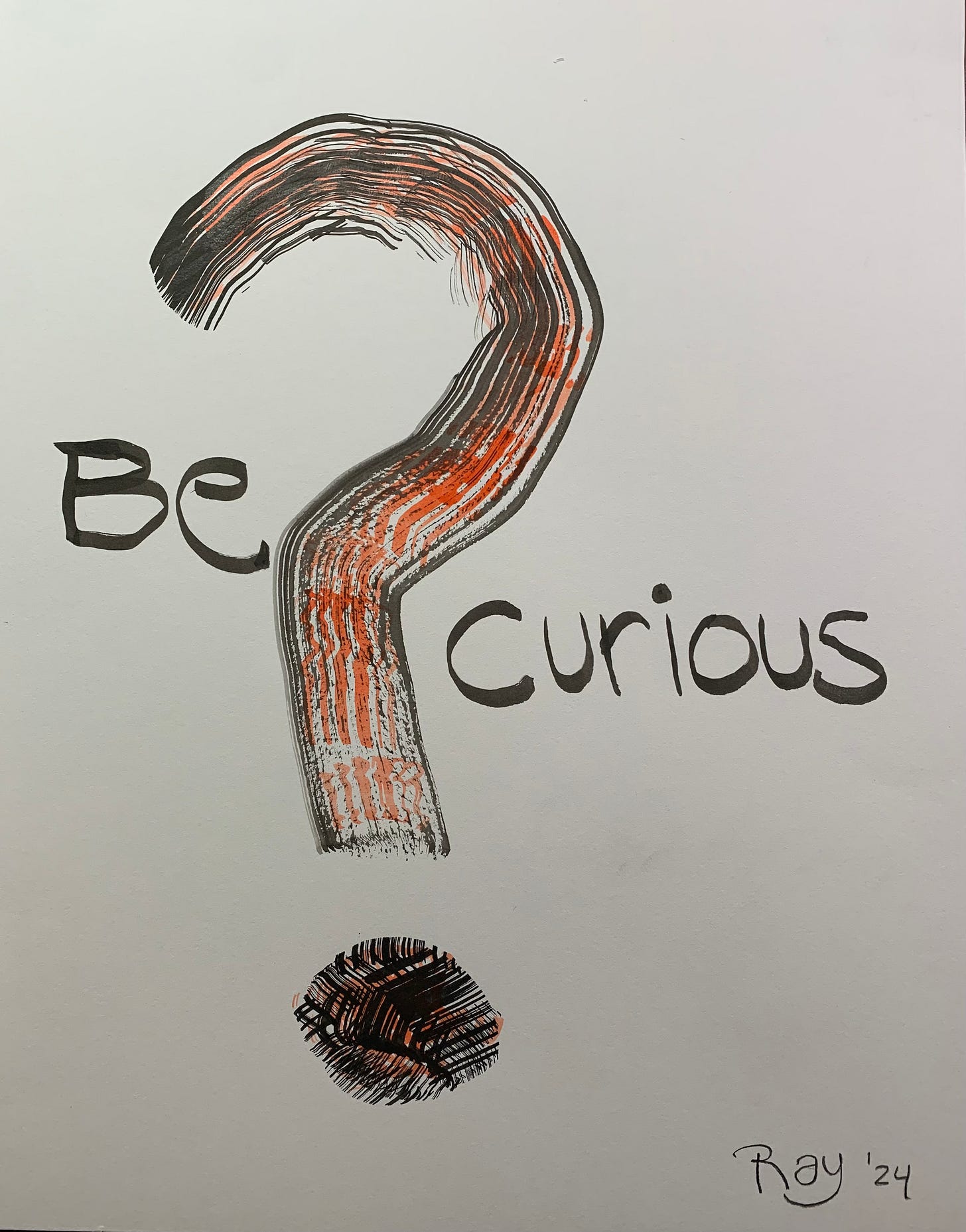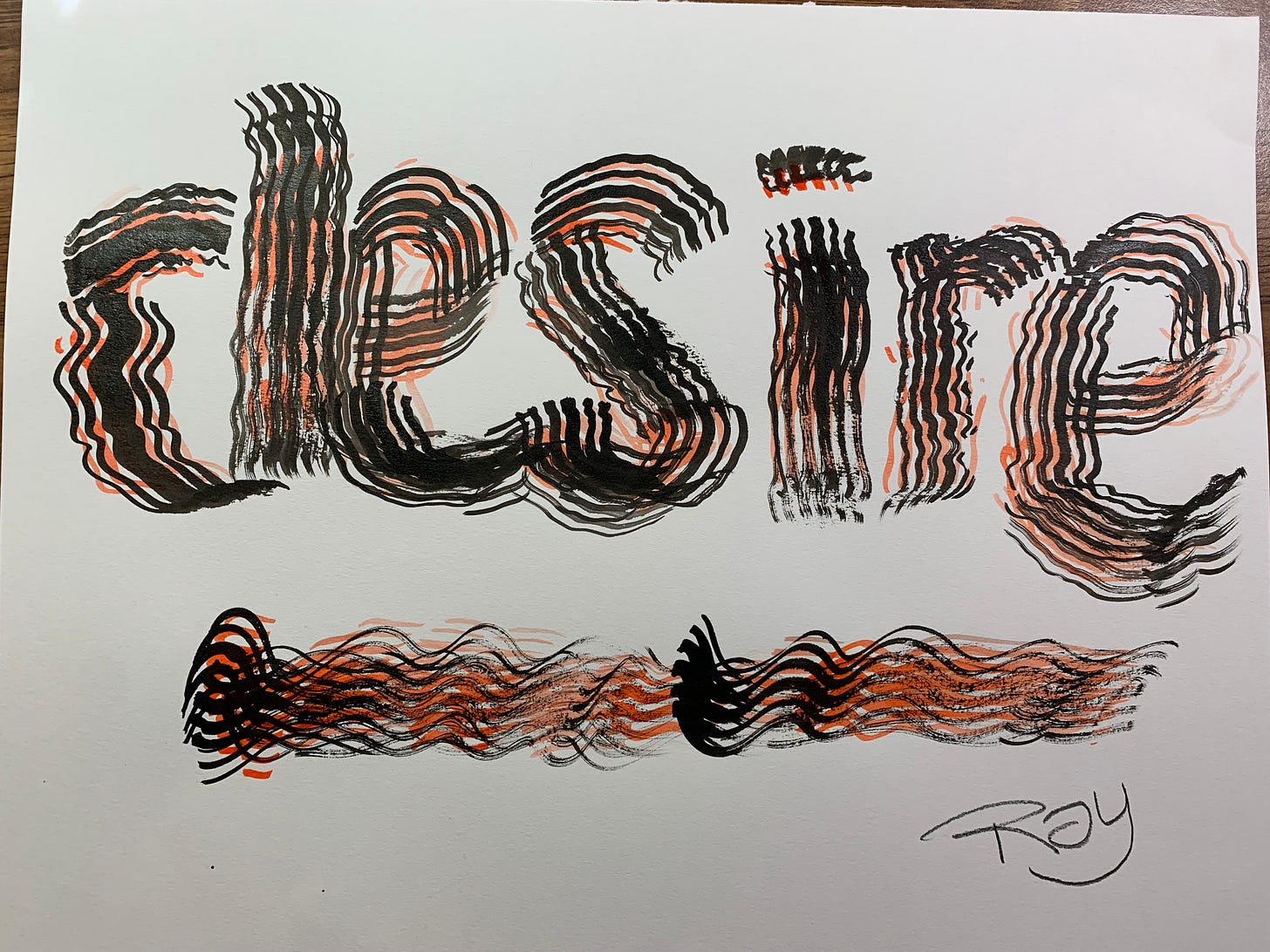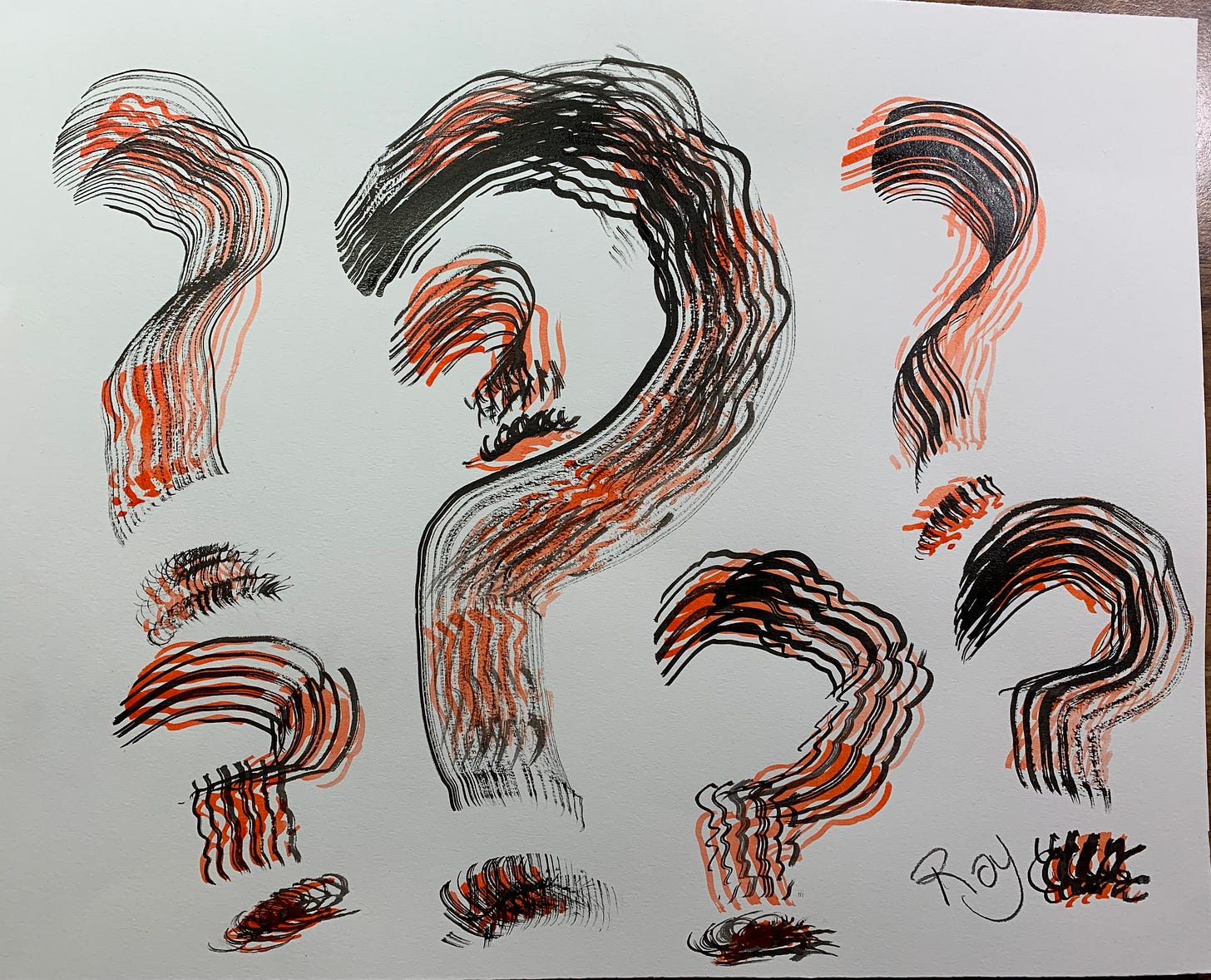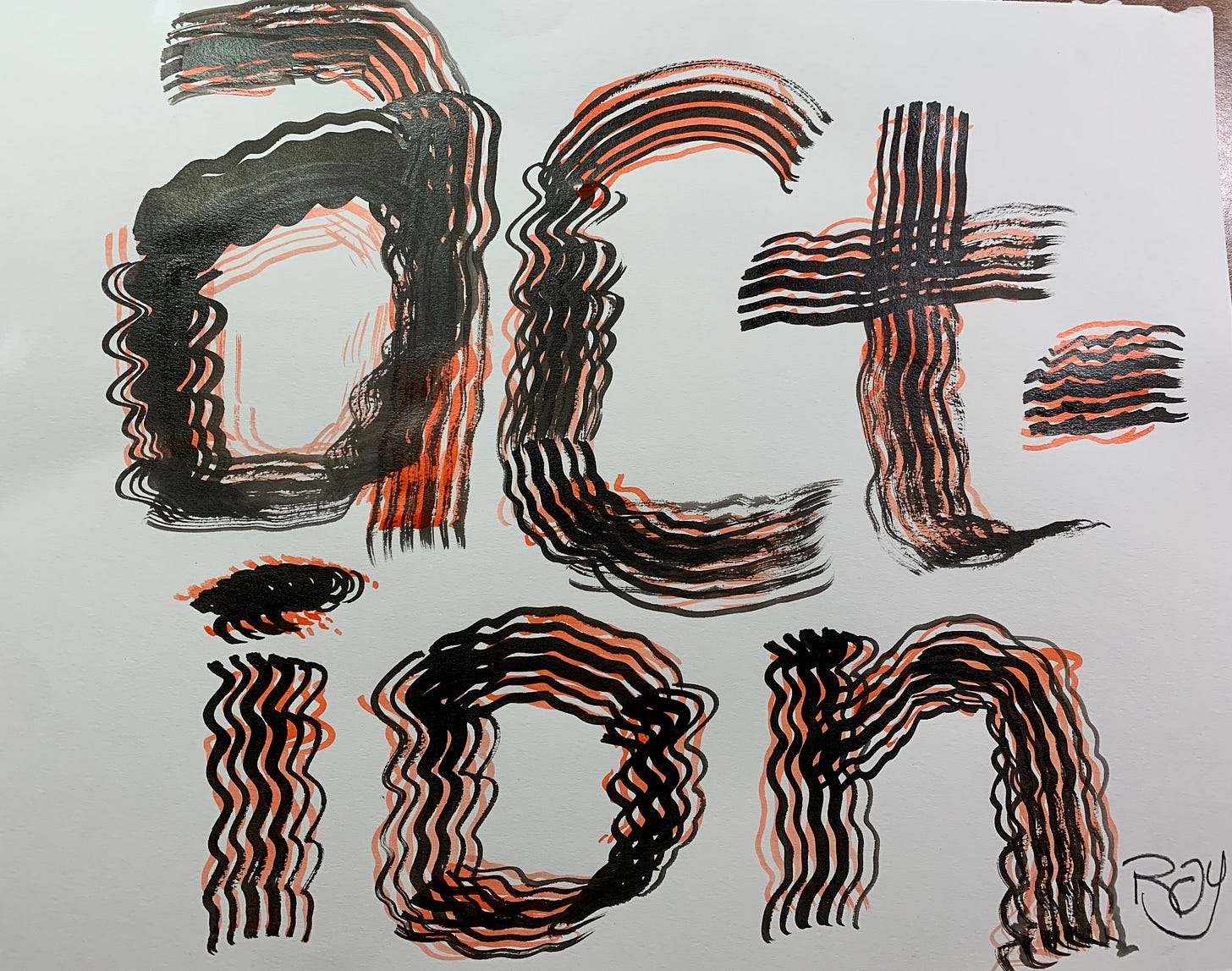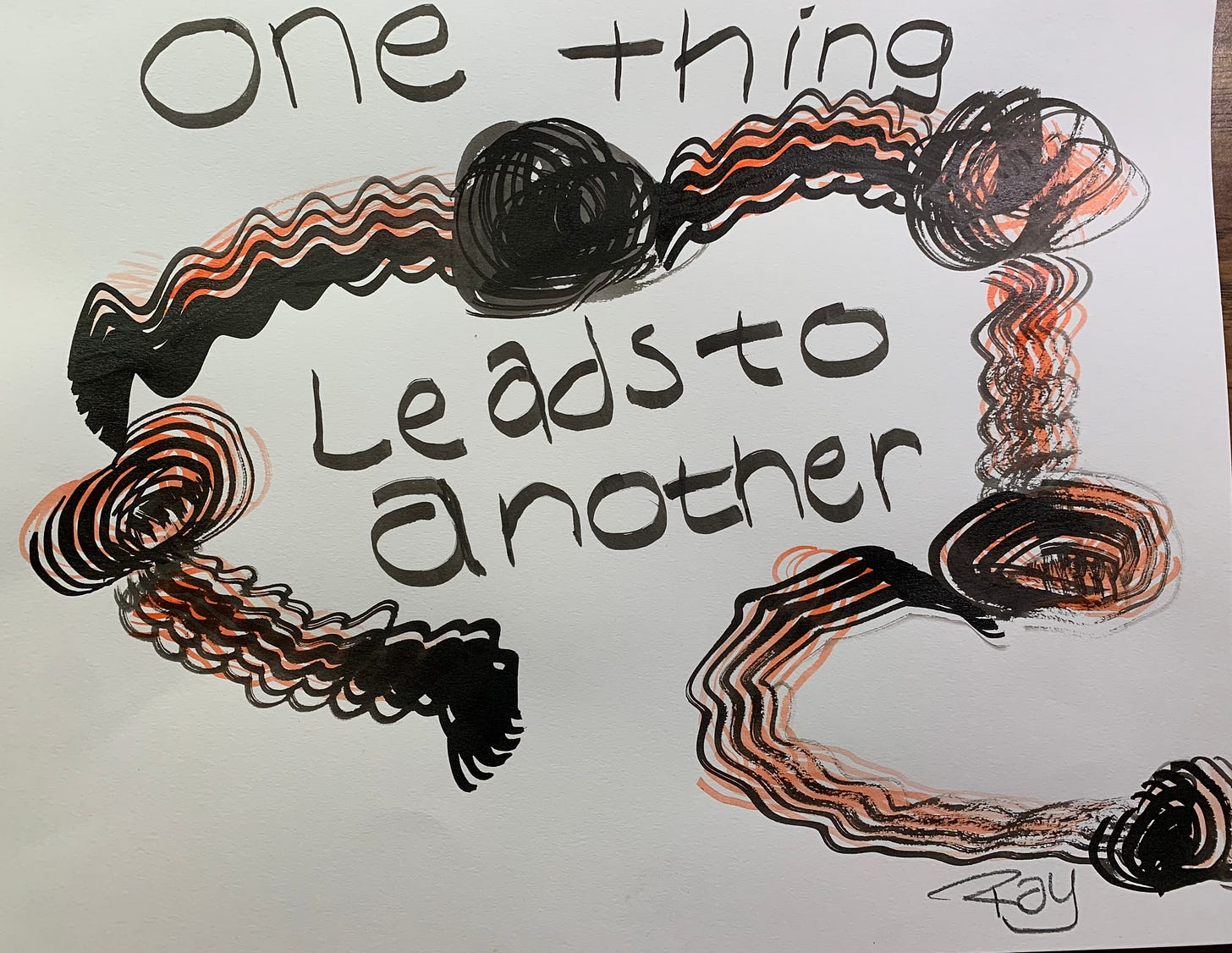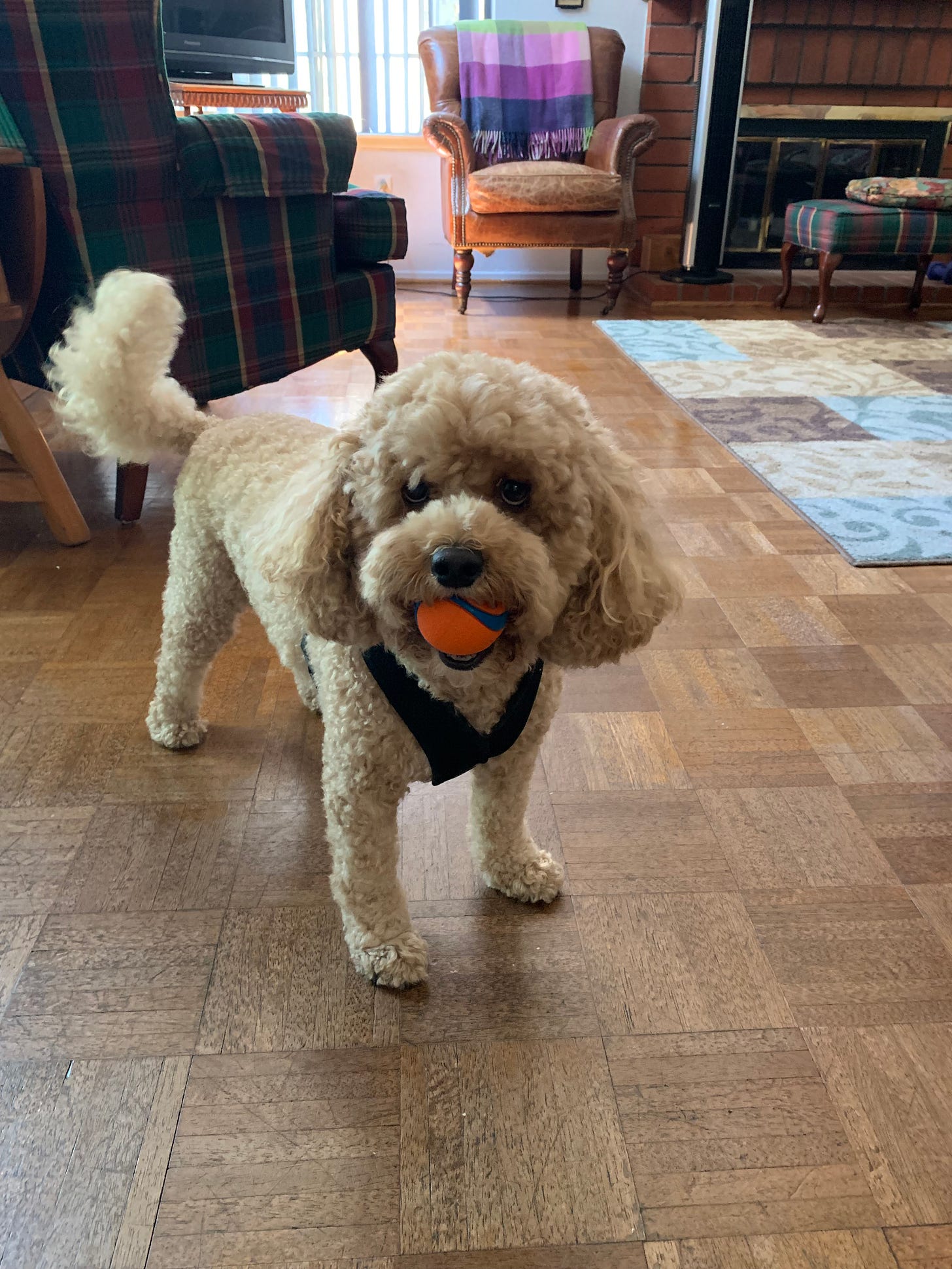The Language of Learning
A New Opportunity
Well, once again, my road has taken another hairpin turn. This shouldn’t surprise me, given how things have gone over the last seven or eight months, but my on-and-off return to my teaching position is now off again. After clearing the cobwebs of my frustration regarding the chaotic nature of the process, I can see this is a blessing in disguise. It’s like having a sabbatical, only without a paycheck.
Without the constraints of an academic position, I can take a step back and meditate on what it means to be a learner and, by extension, a teacher.
The Language of Learning
Learning, as with virtually any discipline, has its own vocabulary. This assertion is true whether one is learning with or without the structures of academia. I want to explore some basic ideas that establish the conditions for an optimal learning experience. I’m not attempting to approach this from a scholarly perspective or thinking exclusively about the academic context. I offer a series of meditations on the question: what does it take to really learn something? In doing so, I want to consider the role of curiosity, risk, play, experimentation, nuance, context, time, and persistence. Of course, other topics may emerge, and I may conflate some issues for efficiency.
On Curiosity
Curiosity begins as a desire.
Meaningful learning begins with curiosity, which, at its core, is a desire to know something that leads to further inquiry. Thinking of desire as the driving force of curiosity suggests that a measure of intensity is involved. When my curiosity is aroused, it often starts a cycle of near obsession to discover all I can about my particular point of interest.
Curiosity’s desire raises questions.
Similarly, my desire to know is satisfied to the degree I am willing to ask questions. Frequently, I don’t know where to begin with my inquiry, but simple questions like:
What the heck is this?
How does this idea or skill work?
What difference does this make?
What if I come at this from another direction?
What will it take to learn more about what interests me?
Curiosity is active.
Curiosity’s desire is revealed in active inquiry. A wise teacher once told me that the quality of answers you get in this life is directly related to the quality of the questions you learn to ask.
All of the above inquiries can take place in the privacy of my mind. But sooner or later, curiosity must actively turn outward. My questions continue, but they now take a different form. Now the questions become:
Where can I get more information about this?
Who knows something about this, and who might be willing to help me?
Who has thought about these things before me?
Who is doing what I want to learn to do, and is it possible to access them?
Are there organized learning opportunities available available to me?
What about informal/ disorganized opportunities? Sometimes these are the best.
Curiosity is progressive.
In this instance, I am not using the term in its political sense. I use the word progressive, consistent with its primary sense of that which is characterized by progress. Curiosity continues to develop over time, with the quality and clarity of the questions we ask continually evolving. Questions build on questions, and discoveries build on discoveries, potentially leading us to understandings and abilities we never imagined we would attain. Learning to follow my curiosity means making space to allow one thing to lead to another.
Well, that’s all for now. Until next time, follow your curiosity!
P.S. Supervisor’s note
“Step away from the keyboard, Dad!”


